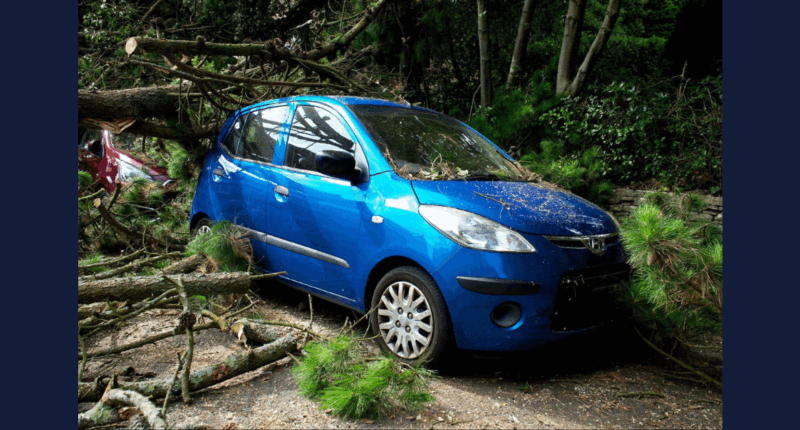Share this @internewscast.com
The immediate actions you take following an accident can have a lasting impact.
Recognizing When to Seek Help
After an accident, confusion and stress are very common. People often question whether the incident is serious enough to need professional intervention or if they can handle it on their own. Often, physical, emotional, or financial effects might not become completely clear for weeks or even months. Contacting resources like Los Defensores as soon as possible can help clarify your situation, outline your rights, and offer essential advice, whether you’re dealing with injuries, property damage, or just trying to understand your responsibilities.
Many accidents appear minor at first but may lead to hidden complications. Internal injuries, legal claims, or issues with insurance could arise unexpectedly. Early professional involvement protects your health and helps avoid mistakes that are hard to correct later. Being proactive ensures you meet crucial deadlines, have necessary documentation, and provides peace of mind during a turbulent period.
First Steps After an Accident
The immediate steps you take following an accident can have long-term effects. Prioritizing everyone’s safety is crucial—check for injuries, contact emergency services, and move to a secure area. In cases of serious injury or significant property damage, always call 911. Remaining at the scene is usually required by law, and leaving too soon can complicate legal matters or claims.
According to road safety data from the National Safety Council, every second matters during accident response. Promptly calling for help and acting quickly ensures proper care and limits complications. Also, try to stay calm while collecting essential information: names, contact details, insurance info, and witness statements if possible. This information becomes valuable if issues of fault or liability arise.
- Immediately check yourself and others for visible injuries.
- Call emergency services depending on the severity of the incident.
- Exchange relevant details with all involved parties.
- Seek witnesses and document what they observed.
- Remain at the scene until authorities advise otherwise.
Why Documenting Everything Matters
Accurate documentation can mean the difference between a smooth insurance experience and a prolonged dispute. It’s easy to think you’ll remember the details, but they are often forgotten or misremembered over time. From the moment an accident happens, gather as much information as possible—use your phone to take photos from every angle, write down the sequence of events, and collect receipts and reports from medical personnel or police.
Key Points to Record:
- Exact date, time, and address of the accident.
- Photos of your injuries, vehicle damage, road conditions, and nearby traffic signs.
- Environmental factors, such as lighting or weather, may have contributed.
- Names and contact information for every witness or involved party.
- An itemized list of out-of-pocket expenses you incur due to the accident.
- Records of hospital visits, physician instructions, diagnoses, and treatments.
This detailed approach not only helps your memory but also provides evidence for insurance claims or any potential legal actions. A thorough documentation trail is your strongest ally when questions or disputes about the incident arise.
When to Consult Legal Guidance
One of the most practical decisions after an accident is whether you need legal support. There are clear situations where consulting a professional is wise, such as when injuries are present, when blame is disputed, or when insurance processes become complicated. Even seemingly straightforward accidents can turn complex—partial fault might be alleged against you, evidence might be questioned, or insurance companies might offer low settlements in hopes that you agree quickly.
Legal experts can demystify these situations, ensuring every relevant aspect is addressed. They assist with tracking your medical care, calculating damages, and negotiating with insurance adjusters on your behalf. Real-life examples abound of individuals who, thinking they could manage alone, missed out on rightful compensation because they misunderstood procedures or failed to meet deadlines. Initial consultations are often free, and the reassurance of having a knowledgeable ally during a vulnerable time is immeasurable.
















